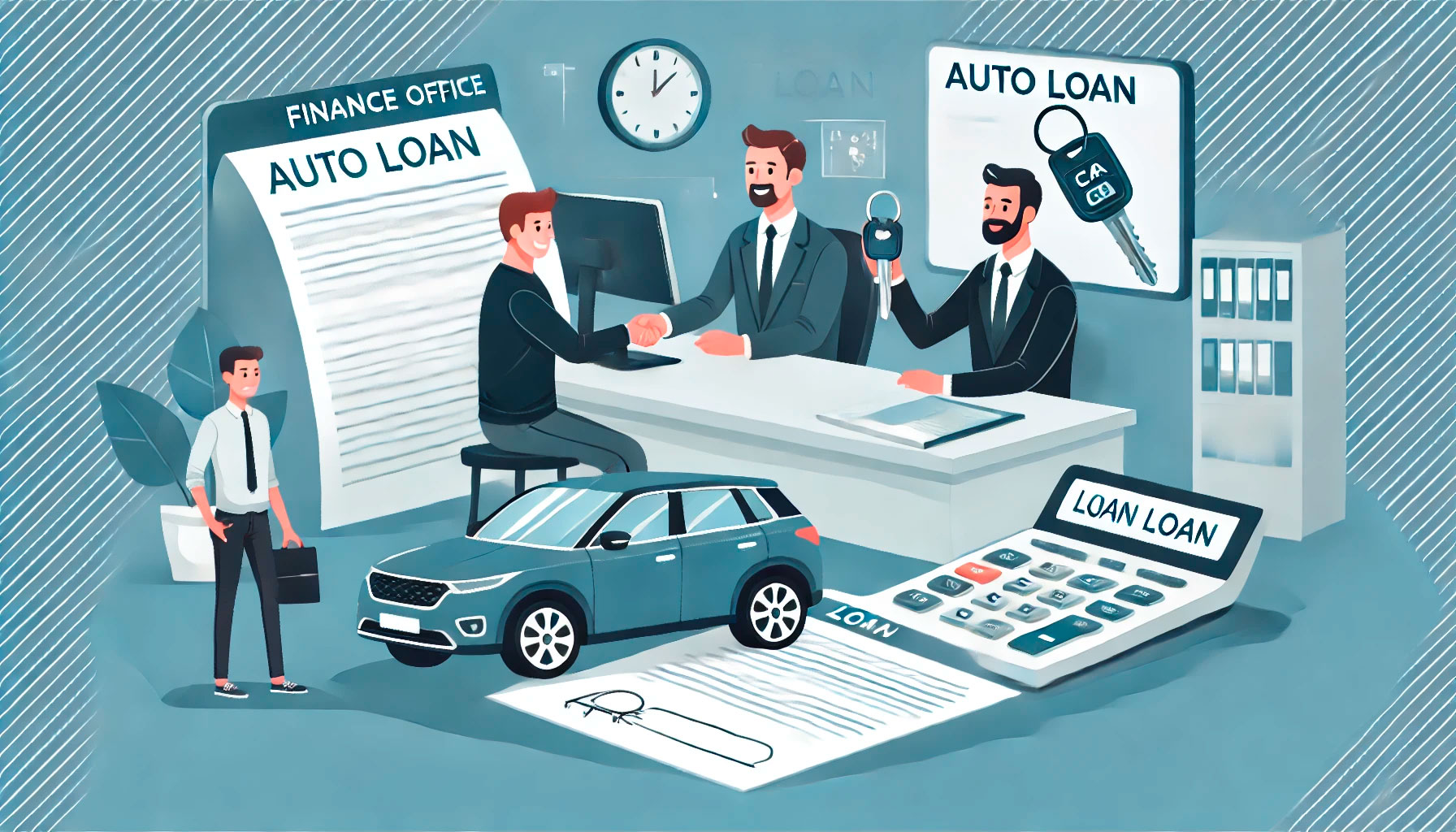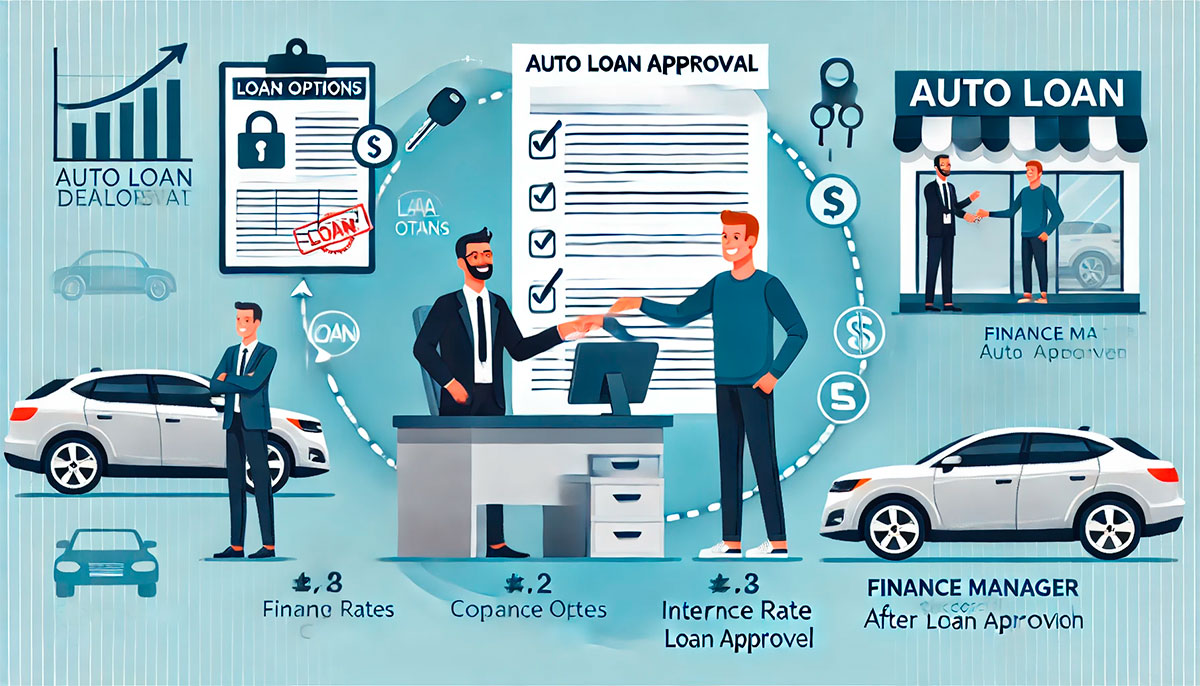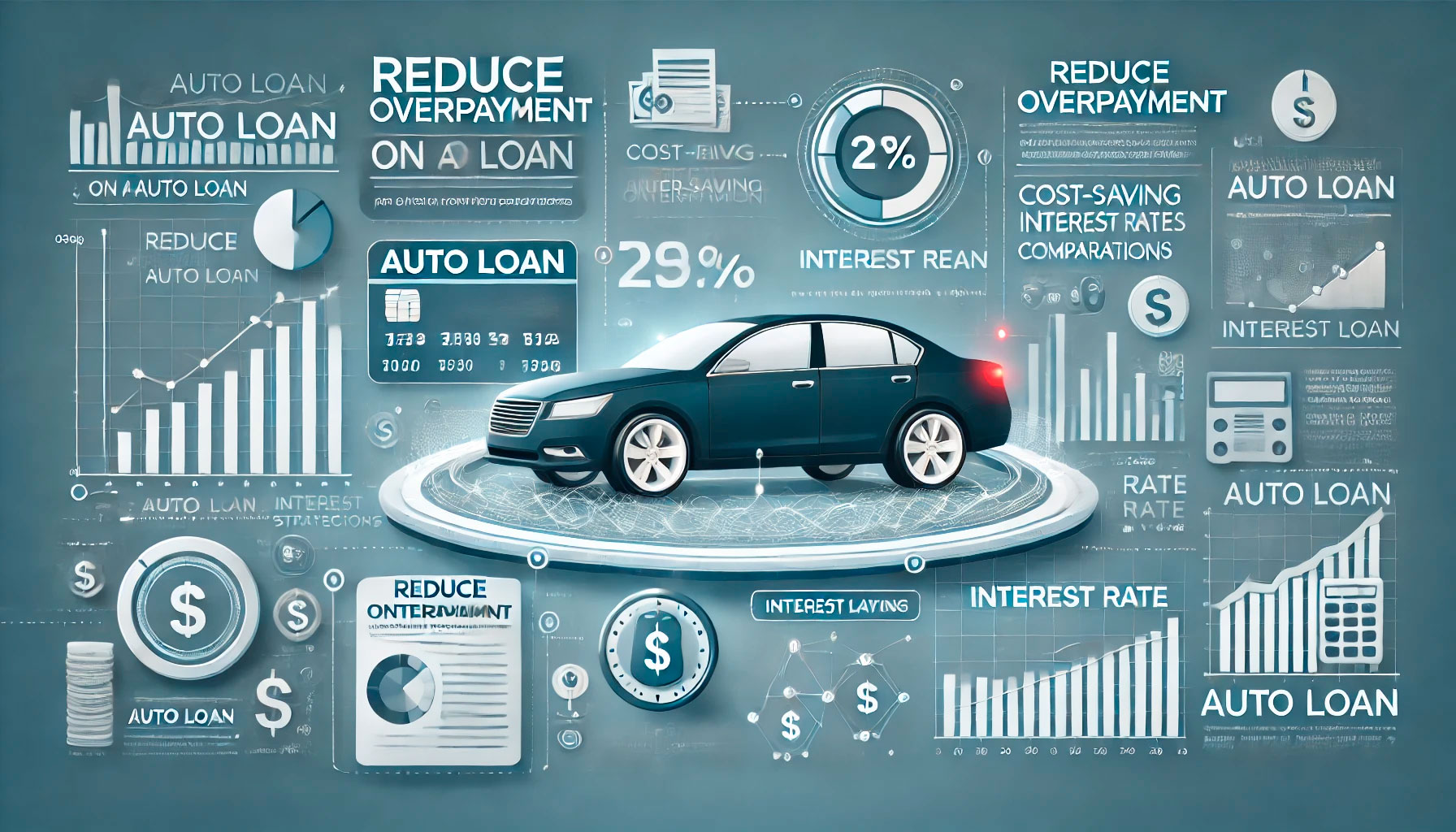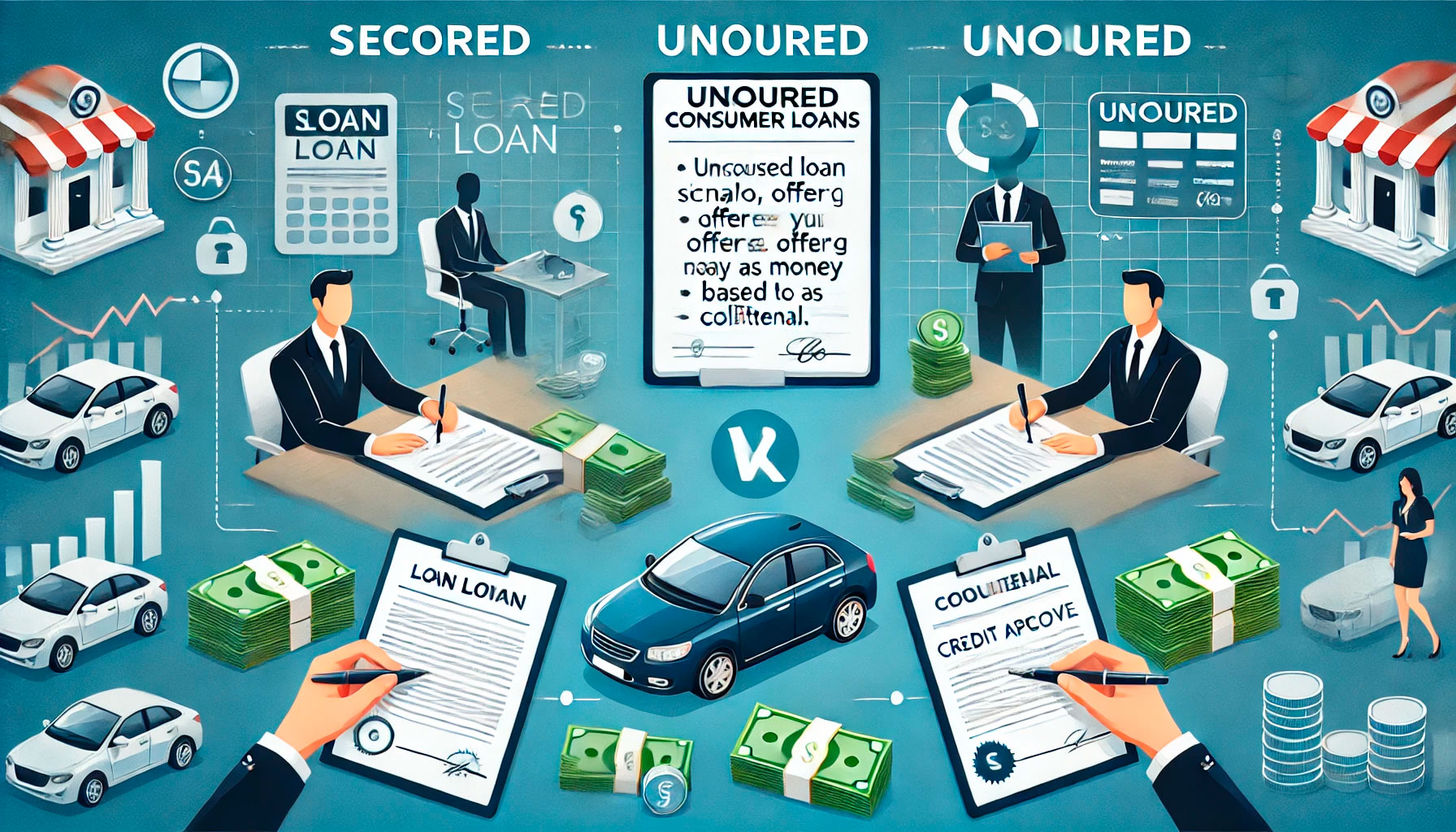
The world of car buying can often feel like a whirlwind—an exciting, fast-paced journey filled with shiny new cars and dream features. However, beyond the gleaming exteriors and the thrill of test drives lies a more practical and crucial aspect of the process: financing. For many buyers, securing an auto loan is an essential step, and it’s here where the role of car dealerships in auto loan processing becomes invaluable. In fact, dealerships are far more than just places where you pick out a car; they act as a bridge between the buyer and the complex world of financing, offering assistance and guidance to make the process as smooth and efficient as possible.
While car loans may seem straightforward, the intricacies involved are far from simple. From understanding credit scores to navigating various loan terms, buyers often need help. That’s where dealerships step in, playing a pivotal role in auto loan processing. By working with banks, lenders, and financial institutions, car dealerships can offer customers a range of loan options suited to their needs. This connection makes dealerships the unsung heroes of auto financing, facilitating not just the sale of cars but also the financing that makes those sales possible.
The Role of Dealerships in Sourcing Auto Loans
For most car buyers, the thought of securing an auto loan often involves dealing directly with banks or credit unions. While that is certainly an option, car dealerships provide a more streamlined alternative. They collaborate with multiple financial institutions, allowing them to source loans from a variety of lenders, both local and national. This gives buyers access to a broader spectrum of financing options, helping them find the loan that best fits their budget and credit profile.
Dealerships typically have established relationships with various lenders, and because of their standing in the industry, they can negotiate favorable terms for their customers. These relationships mean that buyers have a higher chance of approval, even if they have less-than-perfect credit scores. In cases where an individual’s credit history might make it difficult to secure a loan through traditional channels, dealerships may have access to special financing options or subprime lenders who specialize in working with buyers who have lower credit ratings.
Convenience and Efficiency
One of the most significant benefits of working with a dealership for auto loan processing is the convenience it offers. Rather than running from one bank to another, trying to negotiate terms, a customer can complete the entire process in one location. The dealership’s finance department is typically equipped with the tools and resources to assess the buyer’s creditworthiness, determine the best loan options, and secure an approval—all while the customer is in the process of selecting their car.
This efficiency not only saves time but also eliminates a lot of the stress that comes with financing. Buyers are no longer faced with the daunting task of deciphering loan terms or searching for a lender that will approve them. Instead, dealerships take on the heavy lifting, allowing the customer to focus on what truly matters: choosing the perfect car.
Understanding Loan Terms and Negotiations
While dealerships provide a valuable service by connecting buyers with lenders, their role doesn’t end there. Car dealerships are also instrumental in helping customers understand loan terms and making sure they get the best possible deal. Once the buyer has been approved for an auto loan, the dealership’s finance team works closely with them to explain the fine print—interest rates, repayment schedules, fees, and other terms that may be associated with the loan.
Through this process, dealerships act as intermediaries, ensuring that buyers aren’t overwhelmed by technical jargon and that they fully understand what they are committing to. If a buyer is unsure about any aspect of the loan, the dealership’s finance team can answer questions and even negotiate terms to make the loan more affordable. They can sometimes offer different loan structures, such as extended repayment periods, to accommodate buyers with tighter budgets.

Incentives and Special Offers
In addition to offering standard financing options, car dealerships often have access to exclusive incentives and special offers from manufacturers and financial partners. These deals can include zero-interest financing, rebates, or reduced loan terms, providing significant savings for buyers. By working with a dealership, customers may be able to take advantage of these offers, which might not be available if they were to seek financing directly through a bank or credit union.
Moreover, dealerships sometimes offer special promotions for returning customers or those with excellent credit, further enhancing the financing process. For example, a dealership might provide a loyalty program that offers better loan terms for those who have purchased cars from them in the past. These deals help build trust between the dealership and the customer, ensuring that the financing process is mutually beneficial.
Helping Buyers with Credit Challenges
Not every car buyer walks into a dealership with perfect credit. In fact, many potential buyers face challenges in securing financing due to poor credit scores, past bankruptcies, or other financial setbacks. In such cases, car dealerships play a crucial role in helping these buyers navigate the system.
Dealerships often have dedicated finance teams who specialize in working with buyers who have less-than-ideal credit histories. They can connect these buyers with subprime lenders who are more willing to offer loans despite the buyer’s financial challenges. These lenders may offer higher interest rates to offset the risk involved, but the dealership ensures that the terms are as favorable as possible given the circumstances.
Additionally, dealerships can help buyers improve their credit over time by reporting timely payments to credit bureaus, allowing buyers to rebuild their credit scores while making their auto loan payments. This process can ultimately help buyers qualify for better financing options in the future.
The Ethical Considerations in Auto Loan Processing
While the role of dealerships in auto loan processing is undeniably important, it also comes with a degree of responsibility. Dealerships must ensure that they are offering loans that are suitable for their customers, taking into account the buyer’s ability to repay the loan and avoid excessive debt. The responsibility extends to ensuring that buyers are fully informed about the terms of their loans and that they are not subjected to predatory lending practices.
Many dealerships now operate under stricter regulations aimed at protecting consumers. These regulations ensure that buyers are not offered loans they cannot afford, and that all loan terms are disclosed transparently. As a result, buyers can feel confident that their dealership is working in their best interests, rather than merely attempting to push a sale at any cost.
Conclusion
The role of car dealerships in auto loan processing is more complex and critical than many buyers realize. Dealerships are not just venues for purchasing cars; they are integral to the financing process, helping to connect buyers with lenders, explaining loan terms, and ensuring that the overall experience is smooth and stress-free. Whether a buyer has excellent credit or is working to rebuild their financial standing, the dealership serves as a trusted partner in the journey to car ownership. In a world where financing can often seem overwhelming, dealerships offer a beacon of guidance, helping drivers of all backgrounds get behind the wheel of their dream car.





